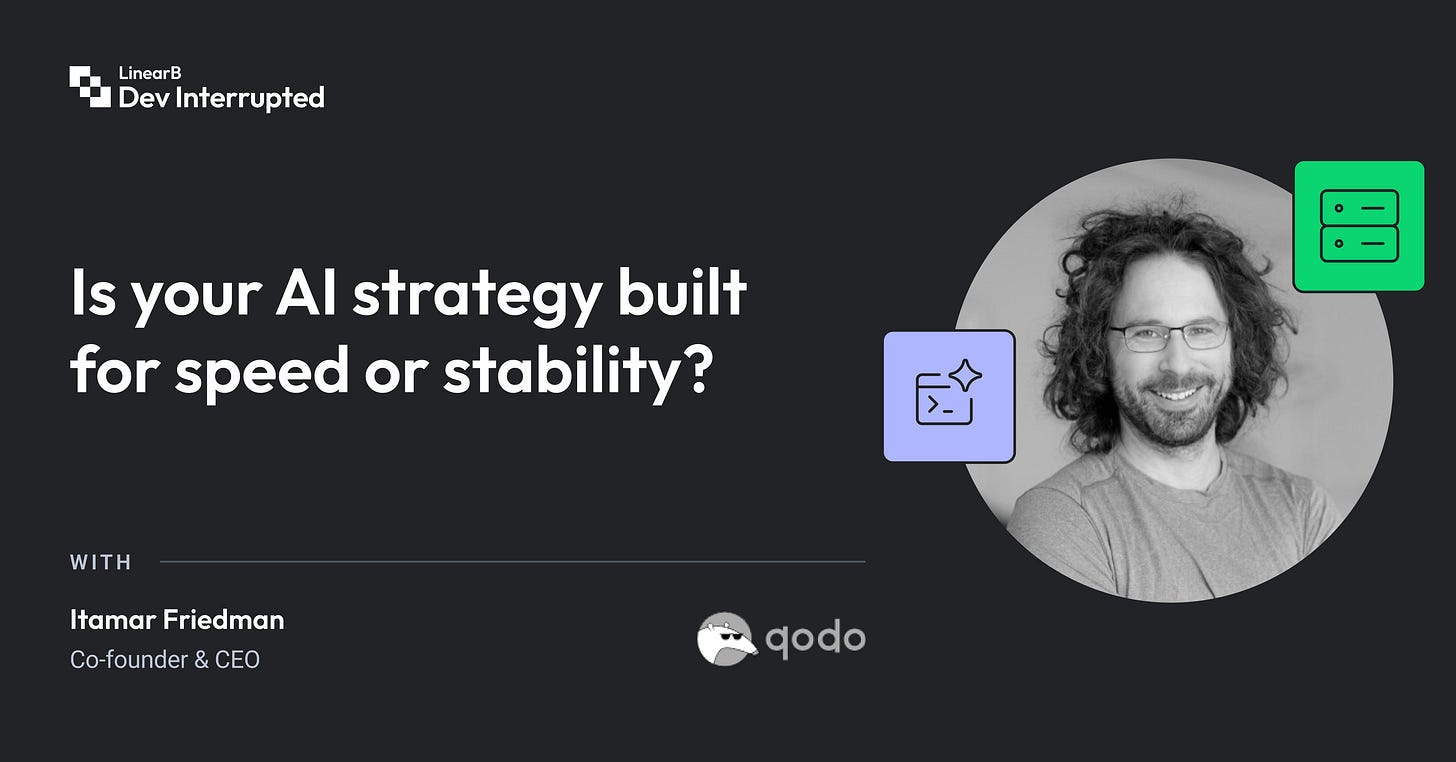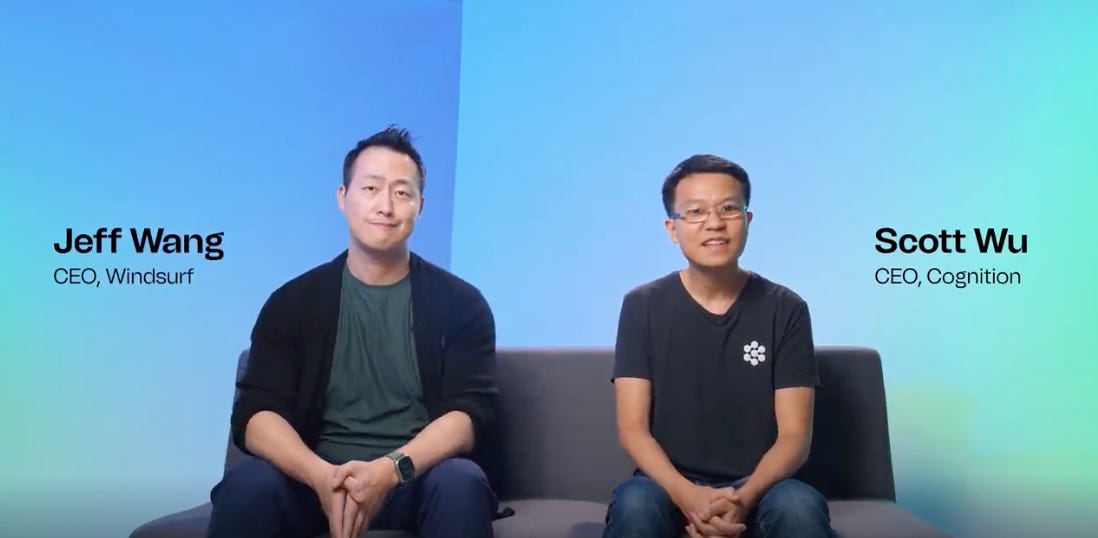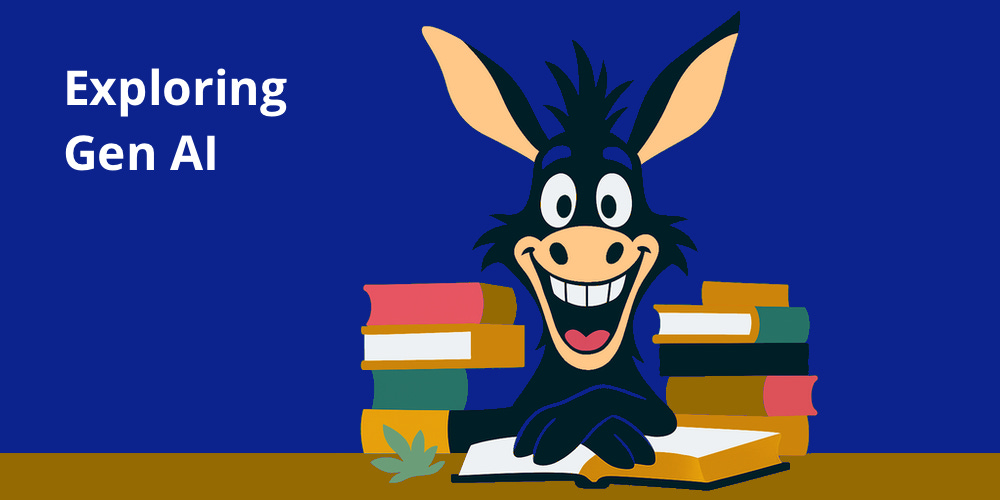Is your AI strategy built for speed or stability? | Qodo’s Itamar Friedman
Plus, the rise of AI “agent keepers”
Is your team's AI strategy tailored for a fast-moving startup or a high-stakes enterprise?
The answer could determine your success or failure. We're rejoined by Itamar Friedman, co-founder and CEO of Qodo, to break down what separates engineering teams that truly thrive with AI from those that are just experimenting, explaining why the path to success is fundamentally different for a startup that needs speed versus a large enterprise that must untangle bottlenecks.
Itamar reveals his vision for the evolution from "vibe coding" to a more mature "grounded coding" that relies on structured workflows and rich, automated context. He also points to the trend of dev platform teams as the future "agent keepers" who will own the holistic and safe implementation of AI. Itamar provides an actionable playbook for leaders: map your current processes, identify your biggest bottleneck, and find a specialized AI tool for that specific problem.
"Everyone wants velocity. The difference between velocity and speed is that velocity has a direction." - Itamar Friedman
The Download
Weekly drops of engineering insight, strategy, and tech-world tea. ☕
1. Windsurf's wild ride ends with Cognition at the finish line 🏁
Windsurf is officially in the hands of Cognition after a twisty acquisition saga that caught the eye of the industry over a 72 hour period. What started as an eye-watering $3 billion OpenAI acquisition of Windsurf ended with Google poaching Windsurf’s CEO and co-founders for $2.4 billion… and then Cognition acquired the remaining company. With Cognition's ambitions in AI and code review, this merger comes down to how they leverage Windsurf's talent, technology, and maybe most of all: brand name.
Read: Announcing the real next chapter of Windsurf
2. Why we still care about code 💻
Sure, AI is taking the reins on code gen, but past contributor Brigitta Böckeler's latest piece at Thoughtworks argues that developers must remain engaged with their code. The article emphasizes that understanding the intent behind the code is crucial, especially when on-call situations arise. We can’t afford to let AI do all the heavy lifting without knowing what’s under the hood. Use this helpful thinkpiece to find the high impact, low risk opportunities.
Read: I still care about the code
3. McDonald's AI hiring bot leaks private data… but due to an insecure password? 🍔
This one is a cringe-worthy security fail that even your grandma knows not to do. McDonald's AI hiring bot exposed millions of applicants' data due to a laughably weak password: "123456." According to Wired, “basic security flaws left the personal info of tens of millions of McDonald’s job-seekers vulnerable” so if you’ve applied on McHired recently, well, you might be McCompromised…
Are you ready to upgrade your SDLC with AI?
Join our host Andrew Zigler for a free virtual workshop later this month where a panel of experts will benchmark some of the hottest AI code review tools on the market right now like LinearB, Copilot, and CodeRabbit.
Discover the top 3 AI automations teams are using today, and get the inside scoop on building a high-velocity PR automation stack designed for modern teams. This is your opportunity to bridge what we discuss on Dev Interrupted into measurable improvements for your team. See you there!
4. Meta's talent heist continues with 2 more poached OpenAI researchers! 💰
The AI talent war is showing no signs of slowing down. The latest development is Meta snagging two more lead researchers from OpenAI. Jason Wei and Hyung Won Chung have been hired for Meta’s Superintelligence Lab, according to the scoop at Wired. Wei’s main focus at OpenAI was deep research models, previously having worked on chain-of-thought research at Google. Chung, who overlapped with Wei at Google, worked on deep research and reasoning.
Read: Another High-Profile OpenAI Researcher Departs for Meta








